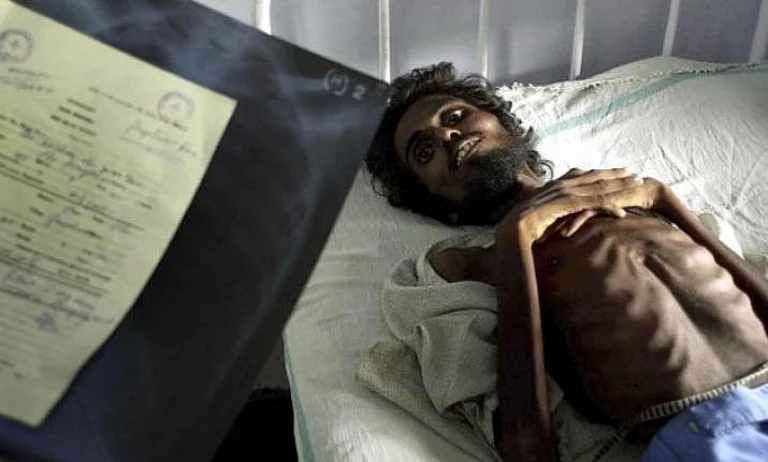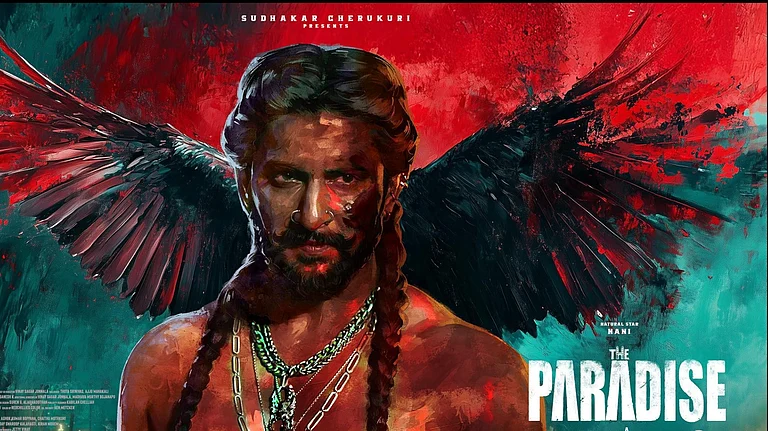Not convinced by the proposition of arranged marriage, I am one of those who put themselves out there to be judged on biodata and a photograph that, in no way, does justice to the woman I am or will be in the future. Recently, I hired the services of a rookie matchmaker. The matchmaker approached me through a friend in October. Those days, I was in a trance of sorts — of being in love with someone for six years and having forced my liberal mother to send the marriage proposal to his family. The response: A ‘No’. The man I loved or thought I loved, was seeing someone else. Confusion and depression followed. My advancing age and sagging skin acted as catalysts, pushing me through the black hole of desperation.
I ignored the matchmaker, a woman, for a month. But, finally, I succumbed and told her to send me the sample profile of a guy. She sent it to me and I immediately took it to him as he seemed to be my type. I was told he lived in Paris and would meet me when he would come to India. So, I transferred the money to her. The very next day, she called me to say that the man in question had rejected me, based on my photograph.
What happened next was anyone’s guess. First came the resurfacing of low self-esteem issues. Being a daughter of a policeman, however, I did not lie back and sulk. I registered a complaint and got my money back. I also sent a nasty message to the so-called good-looking guy from France about his shallow outlook that made him judge women over their looks.
The matchmaking business is tear-soaked. The process is harrowing. A woman is judged solely on the basis of her looks; she is put under the microscopic lens of her suitor and his family. It is in no way good for one’s mental health. As if there weren’t enough problems in life already, it adds another: you shop for a husband and find out you have been short-changed. These matrimonial services sell the dream by playing on the vulnerabilities of the unmarried. Marriage is a life-long commitment and the stem and root of this institution had to be a deep understanding of each other. Can one achieve this through an updated resume and a few meetings?

This matchmaking industry burns a hole in one’s pockets but leaves with no guarantee that the mission to find the life partner will be accomplished. During the process, however, it leaves one nervous, anxious and questioning one’s self-worth. After the fiasco, in a rush of dejection, I researched many such services — all exclusive and claiming to be confidential.
Looking back, the whole process was tiring. The routine but immensely inane questions around height, weight and caste bogged me down. How about what I like? What is my perception of life? What do I look for in a life-long partnership? I have come to the conclusion that the business of finding love is flawed and can do no good unless we change as a society. In our quest to find the right partner, we must start by asking the right questions. The three coffee dates cannot do the trick.
In the end, we all end up finding someone or the other: what’s destined for us ultimately comes to us. But my first-ever experience of matrimonial services scarred me forever. Can we grow up and ask why so many men and women are still single, looking for love in the wrong places, where exploitation is the norm? Once this issue is addressed, people will be meeting one another organically more often. Until then, we need to introspect.





















